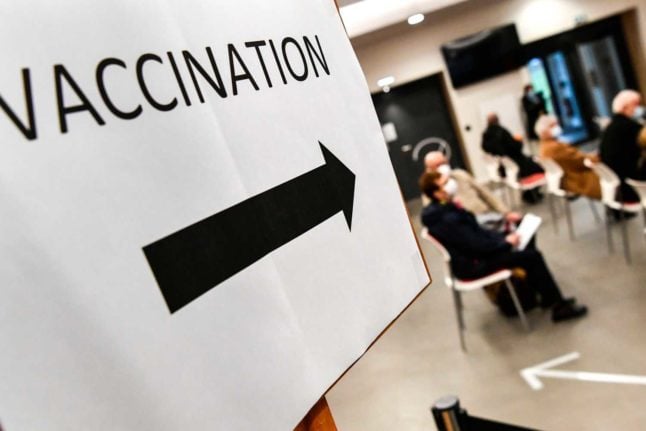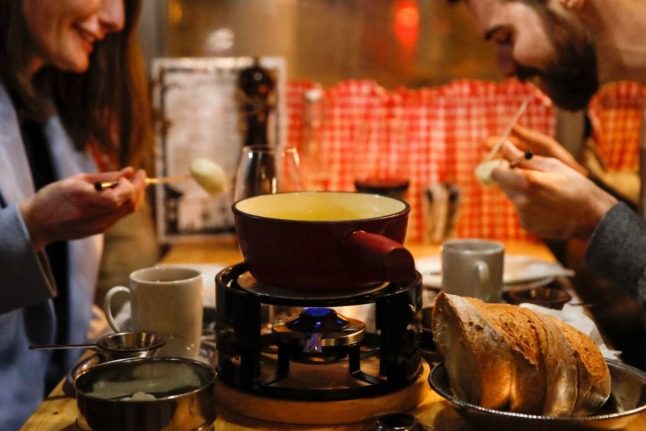Vaccinations in Switzerland are offered at two primary locations: vaccination centres and doctors offices/practices.
Obviously the experience and situation is likely to be different depending on where you go – if you of course are lucky enough to have a choice.
In Switzerland, the vaccination process can be more proactive than in other places because you need to actually register to get your shot, rather than wait to be called.
For many people in Switzerland, this can mean a choice of where to go.
Here’s what you need to know.
Where should I go to get my shot?
Before deciding where to register for your appointment, there are some things to consider.
First, one venue may not necessarily have shorter wait times than another; how quickly you get an appointment depends on how many doses are available in your canton at the time, and how many people have signed up for the jab.
Secondly, wherever you get the vaccine, the requirements and procedure are the same — that is, you will be able to get vaccinated according to priorities established by the federal government and your canton.
However, as The Local reported on April 28th, several Swiss cantons have opened their programmes to all people 18 years of age and up, regardless of health status.
READ MORE: Several Swiss cantons to start vaccinating all members of public
You will be given two doses of either a Moderna or Pfizer / Biontech vaccine, about four weeks apart, though the interval between the two shots may be extended to six weeks, depending on available supply.
Also, regardless of which venue you choose, you will be required to present your ID and Swiss insurance card.
The advantage of getting your shots in a vaccination centre is that their capacity, days of operation and opening times are usually better and more convenient than those of private medical practices or pharmacies.
This is especially true of ‘vaccinodromes’ — massive venues set up specifically to inoculate up to several thousand people each day.
READ MORE: Inside Switzerland’s two new, large-scale Covid-19 vaccination centres
On the other hand, getting vaccinated at a doctors office is likely to be a calmer and more familiar experience.
If you prefer a more personal care provided at a doctor’s office or pharmacy, there are some things to keep in mind.
One is that the number of private medical practices offering Covid vaccines is limited and there may not necessarily be one near you.
Also, GPs administer vaccines only to their own patients rather than to general public, but if you are affiliated with a medical practice, ask if they vaccinate and what the rules are.
The number of pharmacies that are vaccinating right now is also limited, although this may change in the near future as cantons are expending their venues.
So far, three pharmacies in the Zurich city area are inoculating as part of a pilot project to boost the canton’s vaccination scheme.
If the pilot project is successful, vaccinations will be rolled out in around 150 pharmacies across the canton in May.
If you are not sure what the situation is in your canton, you can find information here.
If you find a pharmacy in your area that administers vaccines, ask what the registration procedure for an appointment is.
Whatever venue you ultimately choose, you will receive both doses there.




 Please whitelist us to continue reading.
Please whitelist us to continue reading.
Member comments